The idea of " politics is more important than military" was clearly stated by leader Ho Chi Minh in the Directive on the establishment of the Vietnam Propaganda Liberation Army.
It is the development of Marxism-Leninism's viewpoint on the human issue, the promotion of the nation's tradition. To build a revolutionary armed force, the first and foremost issue must be from the people. Therefore, the political factor must be put first, the political goal is above all. President Ho Chi Minh 's ideology was excellently implemented by General Vo Nguyen Giap when he was assigned the task of building and commanding the Vietnam People's Army (VPA).
Firstly , comrade Vo Nguyen Giap excellently implemented Ho Chi Minh's guiding ideology of accelerating the organization of the first main force army with the motto "politics is more important than military ".
After 30 years of going abroad to find a way to save the country, on January 28, 1941, leader Nguyen Ai Quoc returned to the country to directly lead the Vietnamese revolution. He chose the location in Na Sac commune, Ha Quang district, Cao Bang province as a base to join the Party Central Committee to lead the people in carrying out the revolution. In early October 1944, comrade Vo Nguyen Giap and comrade Vu Anh met with leader Ho Chi Minh to report on the situation of the revolutionary movement in the Cao-Bac-Lang region and the whole country.
After assessing the situation, leader Ho Chi Minh instructed: We must establish an armed team, select team members who are determined, enthusiastic in work, brave in combat, patriotic, and have a deep hatred for the enemy to join the team. We must consider each person, the squad and platoon commanders are mainly taken from the cadres who have returned from military training abroad. We must choose people who have experienced combat, more or less know about military techniques and experience, must have enough ethnic groups, must be from every locality, in order to serve the operation smoothly. The latest time to establish is the last week of December 1944 and when established, there must be an oath of honor... Once established, the army must take mass actions; in the first battle, although the newly established army is still weak, it must win.
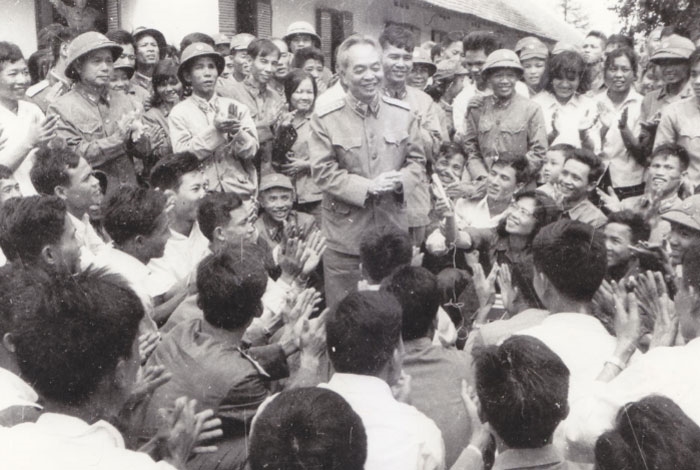 |
| General Vo Nguyen Giap visited the Academy of Politics on the occasion of the 25th anniversary of the Academy's Traditional Day (October 25, 1951 / October 25, 1976). Photo courtesy |
Following the instructions of leader Ho Chi Minh, comrade Vo Nguyen Giap and comrade Le Quang Ba met to discuss and urgently build the organization and structure of the armed forces according to his request. Regarding the name of the team, comrade Vo Nguyen Giap and the other comrades agreed to name it "Vietnam Liberation Army Team". After reporting, leader Ho Chi Minh added the two words "propaganda" to the team's name and approved the list of cadres and team members of the team. In the Directive on establishing the Vietnam Propaganda Liberation Army Team, leader Ho Chi Minh pointed out: "The name Vietnam Propaganda Liberation Army Team means that politics is more important than military. It is a propaganda team" ("Ho Chi Minh Complete Works", National Political Publishing House, Hanoi, 2011, vol. 3, p. 539).
On December 22, 1944, in Sam Cao forest located between Tran Hung Dao and Hoang Hoa Tham communes, Cao Bang province, comrade Vo Nguyen Giap was authorized by the Party and leader Ho Chi Minh to announce the Directive on the establishment of the Vietnam Propaganda Liberation Army.
The Vietnam Propaganda Liberation Army was established with only 34 members, with ethnic groups in the area, rudimentary weapons, and lack of logistics, but after its establishment, the Team won the first two battles in Phai Khat and Na Ngan (Cao Bang). After these two battles, the Team's number increased to a company, expanding revolutionary bases in other areas such as Hoa An, Nguyen Binh (Cao Bang), Ngan Son, Cho Ra (Bac Kan)...
After the Japanese coup against the French on March 9, 1945, the Vietnam Propaganda Liberation Army divided into many groups. One group advanced south to capture Ngan Son, Cho Ra, Phu Thong, Cho Don, Na Ri (Bac Kan), Chiem Hoa (Tuyen Quang), another group attacked That Khe, Binh Gia (Lang Son), and another group went up to the Vietnam-China border to destroy many camps from Trung Khanh to Bao Lac and then expanded to Ha Giang province...
In each area, they not only defeated the enemy, but also developed their forces and propagated to build people's confidence in the revolutionary cause under the leadership of the Party, headed by leader Ho Chi Minh. On May 15, 1945, the Vietnam Propaganda Liberation Army merged with the National Salvation Army and a number of guerrilla units to form a unified military force, taking the name that comrade Vo Nguyen Giap had proposed from the beginning when meeting leader Ho Chi Minh: "Vietnam Liberation Army".
Second , comrade Vo Nguyen Giap is an exemplary model of combining the roles of Commander-in-Chief and Political Commissar and implementing the motto "politics is more important than military".
Comrade Vo Nguyen Giap had all the qualities and qualifications and performed excellently the duties of a commander, especially in the role of Commander-in-Chief that President Ho Chi Minh had authorized at the end of 1946. During the ceremony of conferring the title of General to Comrade Vo Nguyen Giap, on behalf of the President of the Democratic Republic of Vietnam, President Ho Chi Minh affirmed: "I give you the title of General so that you can command the soldiers and fulfill the mission that the people have entrusted to you." At the 5th Military Conference in 1948, President Ho Chi Minh set high requirements for the qualities, qualifications, and duties of a general with 6 qualities: Intelligence - Courage - Humanity - Trust - Integrity - Loyalty. General Vo Nguyen Giap was an exemplary model, fulfilling Uncle Ho's high requirements for the qualities required of a general.
During more than 30 years as Commander-in-Chief of our Army, General Vo Nguyen Giap constantly grasped and excellently implemented the Party's viewpoints and President Ho Chi Minh's guiding ideology for all activities of the Army: "Military without politics is like a tree without roots, useless and harmful", "people first, guns later", widely developing both political and military forces and building armed forces of three types. Closely combining military offensives with the uprising of the masses in all areas, both mountainous and lowland, urban and rural areas to move towards a general uprising, typically the August General Uprising in 1945; the Dong Khoi Movement in the South in 1960; the General Offensive and Uprising in the Spring of Mau Than in 1968; the General Offensive and Uprising in the Spring of 1975, creating a great victory, liberating the South, and unifying the country.
As Commander-in-Chief, "knowing the pain of every soldier's wound, regretting every drop of blood of every warrior", so when choosing a combat plan, General Vo Nguyen Giap always thoroughly understood and implemented the strategy of fighting for sure victory, not fighting if not sure of victory, achieving the highest victory but with the lowest loss. Under the direct leadership and direction of President Ho Chi Minh and our Party, for more than 30 years directly commanding the Army, General Vo Nguyen Giap made important decisions that led to the victory of an army that started with bare feet, cloth clothes, and rudimentary weapons against an enemy that was powerful in modern equipment and weapons, likened to "the other side has iron bullets, our side has golden livers". He excellently carried out the decisions of Uncle Ho and the Party Central Committee, commanding the Army from the first battles of Phai Khat and Na Ngan, to many major campaigns, typically creating the Dien Bien Phu Victory in 1954 "famous in five continents, shaking the earth" and the Great Spring Victory in 1975, liberating the South and unifying the country.
General Vo Nguyen Giap successfully used a unique form of warfare called “People-based warfare, mobilizing the entire people to fight the enemy, with all weapons, anytime, anywhere”, forcing 10 famous French and American generals (including 7 French generals and 3 American generals) to make strategic mistakes and lose the battle. He commanded the Army as the core force for the entire people to defeat two great empires in the 20th century, realizing the political goal set by the Party and Uncle Ho, which was: When completing the people's national democratic revolution, moving on to the socialist revolution.
General Vo Nguyen Giap, in his capacity as the first Secretary of the Military Commission and the Chief Political Commissar of Political Commissars, always thoroughly grasped and implemented the motto "politics is more important than military". He always took care to build the Vietnam People's Army to be truly strong in politics and organization, focusing on Party and political activities, in order to maintain the working class nature of the Army. Building a revolutionary Army, a trustworthy political force of the Party and the State; an army born from the people, fighting for the people; maintaining a close relationship of solidarity and attachment with the people.
The General was the first Secretary of the Military Commission, clearly demonstrating the role of directing and guiding the General Department of Politics of the Vietnam People's Army, political cadres at all levels and directly carrying out Party and political work, ensuring the Party's leadership mechanism for the Army; building organizations, including the Party organization, to always be strong in politics, ideology and organization, implementing internal solidarity; taking care of political education, cadre work, especially studying Uncle Ho on discovering, valuing and using talents. The General's calls, appeals and orders penetrated deeply into the minds and feelings of each cadre and soldier like the sound of a battle drum, like a trumpet urging the entire army throughout the years of resistance until the day of total victory, gaining independence and freedom for the Fatherland.
Right from the early stages of the Army's formation, the General taught the soldiers what to do and what to avoid, about the close relationship between the army and the people, to beautify the image of Uncle Ho's Army. The General came to the soldiers, comrades, and compatriots with the affection of a close person, gathering the strength of the entire army. He was an exemplary model of Commander-in-Chief and Political Commissar-in-Chief, the Elder Brother of the Army, so he had a great influence on the officers and soldiers of the Vietnam People's Army. General Vo Nguyen Giap was an outstanding politician and military man, both literary and martial, deeply imbued with Ho Chi Minh's ideology and methodology, a military leader who absorbed and fully demonstrated the qualities of a general that Uncle Ho taught.
Third , General Vo Nguyen Giap was a steadfast leader of the Party, an excellent student of President Ho Chi Minh, who devoted his whole life to the happiness of the people, to the cause of building and defending the socialist Vietnamese Fatherland.
Throughout his revolutionary career, General Vo Nguyen Giap was assigned many important responsibilities by the Party, President Ho Chi Minh and the people... In any position, General Vo Nguyen Giap always followed President Ho Chi Minh's teaching: "Putting public service first", putting the interests of the Party, the revolution and the people first. He was an excellent student of President Ho Chi Minh, always exuding the simplicity of a citizen imbued with patriotic culture, a typical citizen of the 20th and 21st centuries, forever honored.
In the last years of his life, General Vo Nguyen Giap still had a burning wish: "Every day I live, is for the country." General Vo Nguyen Giap was both a political activist and a leading general in the history of the Vietnamese people's war for national defense. The General was a talented revolutionary and politician who contributed to the heroic historical turning points of the nation, defeating two great empires in the 20th century, gaining independence and freedom for the Fatherland, and leading the whole country to socialism.
The further time goes by, the greater the exceptional contributions of General Vo Nguyen Giap become. We will forever remember the great contributions of General Vo Nguyen Giap to the birth, growth and victory of the Vietnam People's Army, and at the same time, we need to make every effort to study the military theory, example, morality and style of the General.
Lieutenant General, Associate Professor, Dr. NGUYEN VAN BAO, Director of the Academy of Politics
*Please visit the Politics section to see related news and articles.
Source


![[Photo] President Luong Cuong receives Speaker of the Korean National Assembly Woo Won Shik](/_next/image?url=https%3A%2F%2Fvphoto.vietnam.vn%2Fthumb%2F1200x675%2Fvietnam%2Fresource%2FIMAGE%2F2025%2F11%2F21%2F1763720046458_ndo_br_1-jpg.webp&w=3840&q=75)

![[Photo] National Assembly Chairman Tran Thanh Man holds talks with President of the Senate of the Czech Republic Milos Vystrcil](/_next/image?url=https%3A%2F%2Fvphoto.vietnam.vn%2Fthumb%2F1200x675%2Fvietnam%2Fresource%2FIMAGE%2F2025%2F11%2F21%2F1763715853195_ndo_br_bnd-6440-jpg.webp&w=3840&q=75)
![[Photo] General Secretary To Lam receives President of the Senate of the Czech Republic Milos Vystrcil](/_next/image?url=https%3A%2F%2Fvphoto.vietnam.vn%2Fthumb%2F1200x675%2Fvietnam%2Fresource%2FIMAGE%2F2025%2F11%2F21%2F1763723946294_ndo_br_1-8401-jpg.webp&w=3840&q=75)

![[Photo] Visit Hung Yen to admire the "wooden masterpiece" pagoda in the heart of the Northern Delta](/_next/image?url=https%3A%2F%2Fvphoto.vietnam.vn%2Fthumb%2F1200x675%2Fvietnam%2Fresource%2FIMAGE%2F2025%2F11%2F21%2F1763716446000_a1-bnd-8471-1769-jpg.webp&w=3840&q=75)
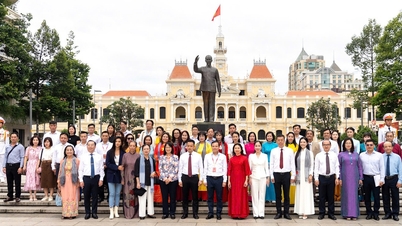

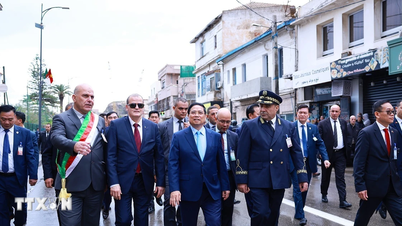

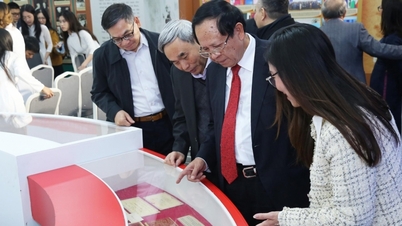

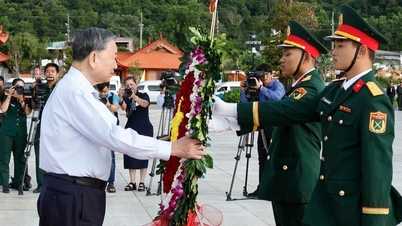

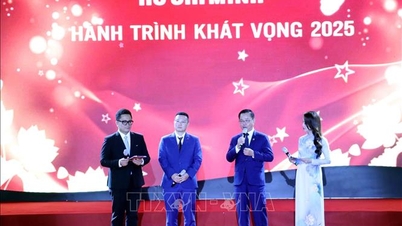

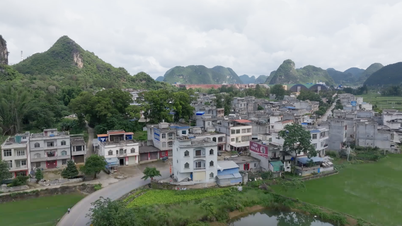

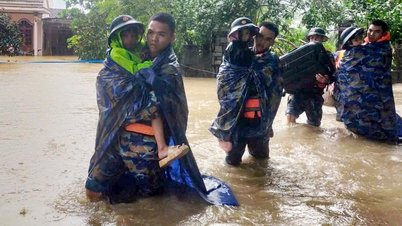





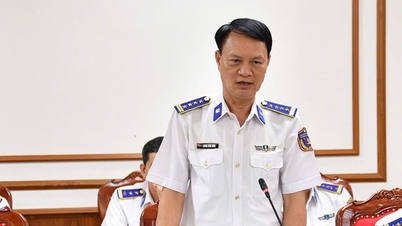
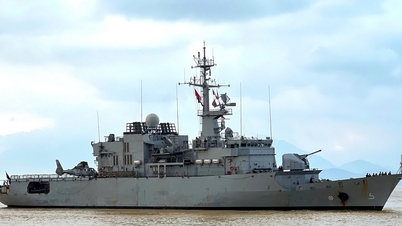




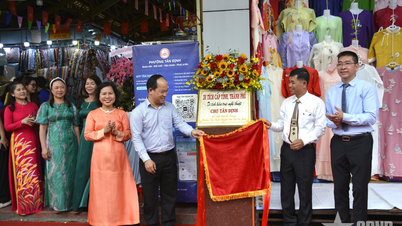
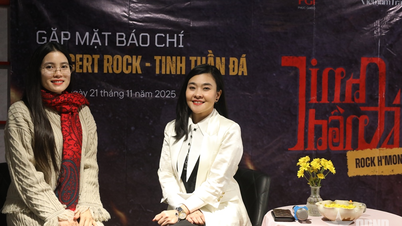
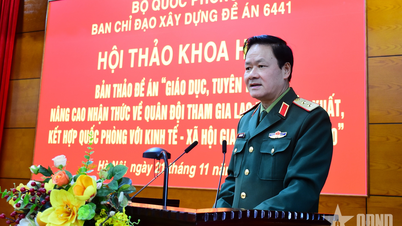
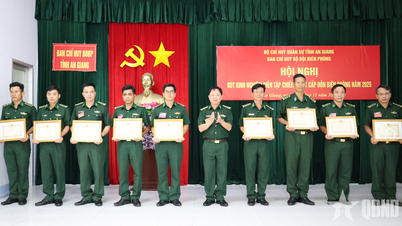
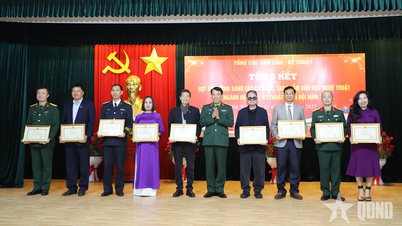
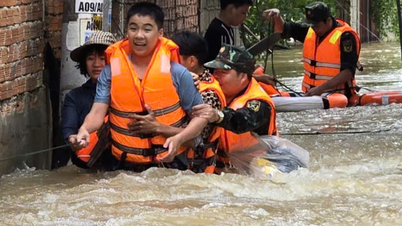











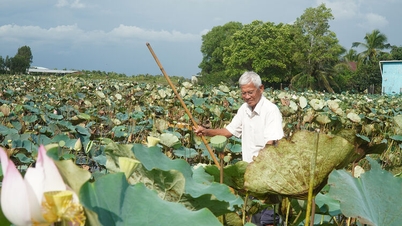

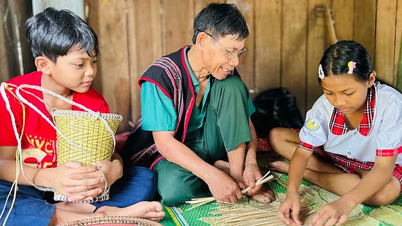








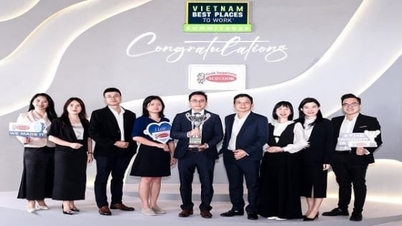



















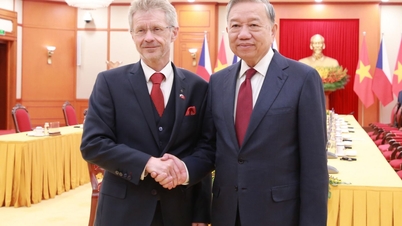

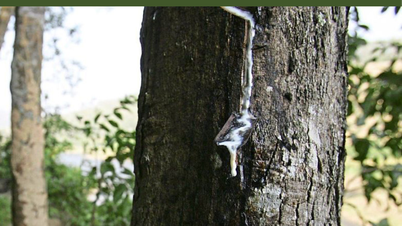

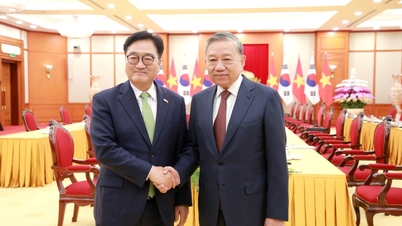
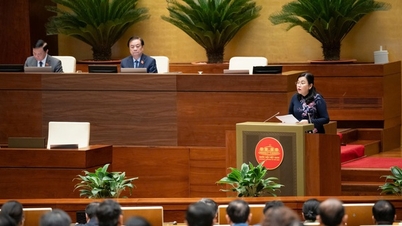

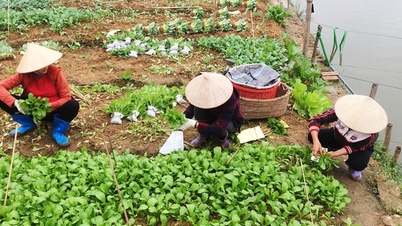
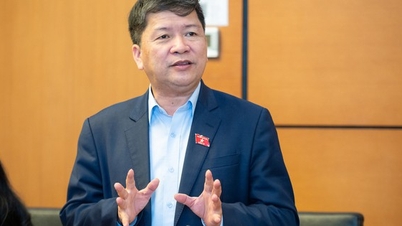
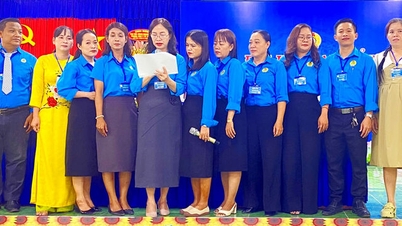
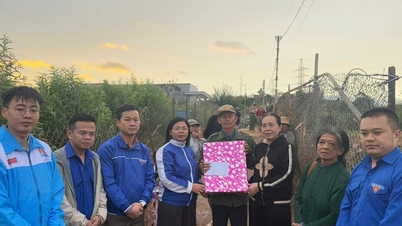
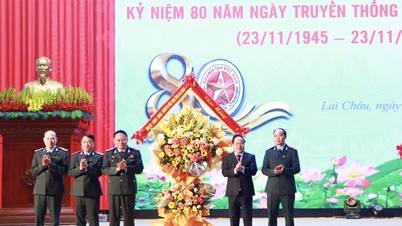
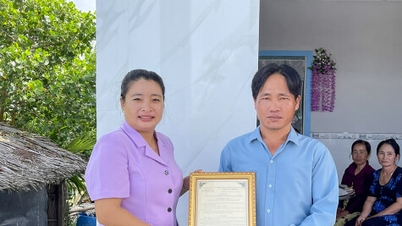

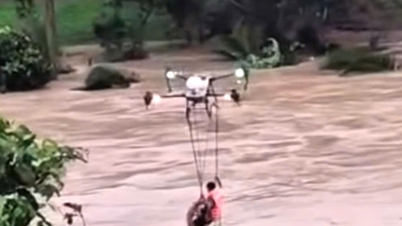
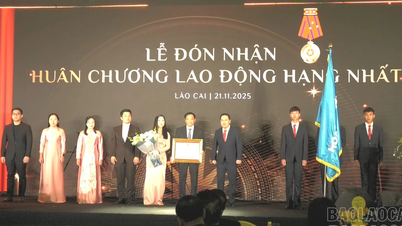
















Comment (0)